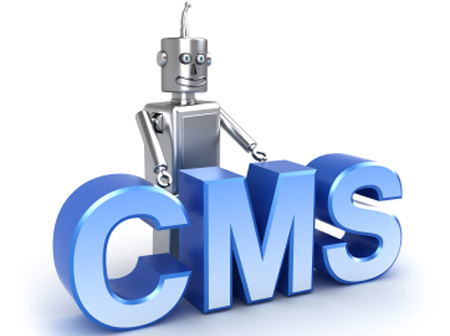By context, Content Management Systems are programs used to “program” your websites properly. It provides a platform that you can use to modify, publish, edit and update the content of your website. Hence, it is like your virtual manager of all your websites.
CMS is the best alternative to designers who have not mastered much the complexities of codes programming. It opened doors to amateur web designers who have the passion and the creativity but are limited in skills to convey their craft.
It is not difficult to find your perfect CMS partner online. However, relying too much on CMS to manage our websites may not give good results at all. To prevent these, it is important to know when it is appropriate to use a CMS.

Use CMS When..
CMS is actually the perfect platform if you are creating blogs or online gallery sites. These kinds of sites needs regular maintenance and updating or else their functionality will be defeated. It is easier to create blogs through CMS because it organizes the tools you need to create themes and templates. It gives you full power to manipulate the interface of your blogs. If you choose to make your design template permanent, it will not be affected when you upload your blog entries at any time. This is the same reason why CMS is also essential in websites that are controlled by multiple users.
Novice web designers will benefit mostly on the features of CMS. For those who are not familiar with SEO, CMS saves them the time and effort in mastering that craft. It ensures that your sites acquiesce with SEO norms and updates. However, most webmasters still agree that HTML does this job best.
Do Not Use CMS When..
Use hard codes for your websites if it is static or rarely updated. By not using CMS, you can learn new codes that will not limit your creativity since you are not bound by the only options you find in your CMS program.
Hard-coding can be used in smaller websites that can be dormant for some time but still essential. It will help web designers to work on every detail in their websites since there are no platform restrictions.
You would need to consider hard-coding as well if you need your website to be secured. Most CMS release updates, plugins, fixes or patches that technically expose your sites to potential hackers.
Hard-coding actually has some perks of its own. Although it is a tedious job, once accomplished, you really don’t have anything else to worry about it—unlike in CMS wherein you’d need to keep track of the updates and plugins that are needed to retain the quality of your sites.

